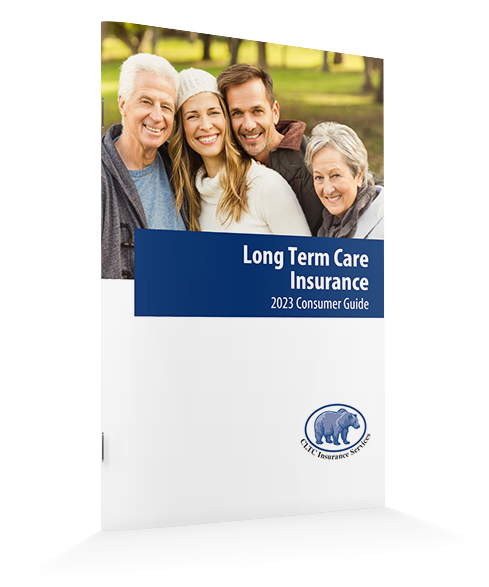Many Americans still believe that the chances are slight that they will need long-term care. They claim that their family history, or their genes, or their lifestyle, minimizes their risk. Unfortunately, if they believe these factors will enable them to live a long life, they are building a case that they have a higher risk than others of needing long-term care. The longer one lives, the greater the risk. Thus, a healthy 65-year-old may have as high a risk of needing long-term care as another 65-year-old with health problems, because the healthy person has a longer life expectancy.
Others feel that they do not need protection because their spouse, child or close friend can take care of them if necessary. But very often, a long-term care scenario can impose more stress on the caregiver than on the patient. Policies can be designed to pay for other caregivers to relieve the primary caregiver or caregivers, enabling loved ones to retain their own quality of life.
Denial can lead to lack of planning. Better for many to pay for insurance and not need it than to deny their human frailties and have their life’s savings depleted.





